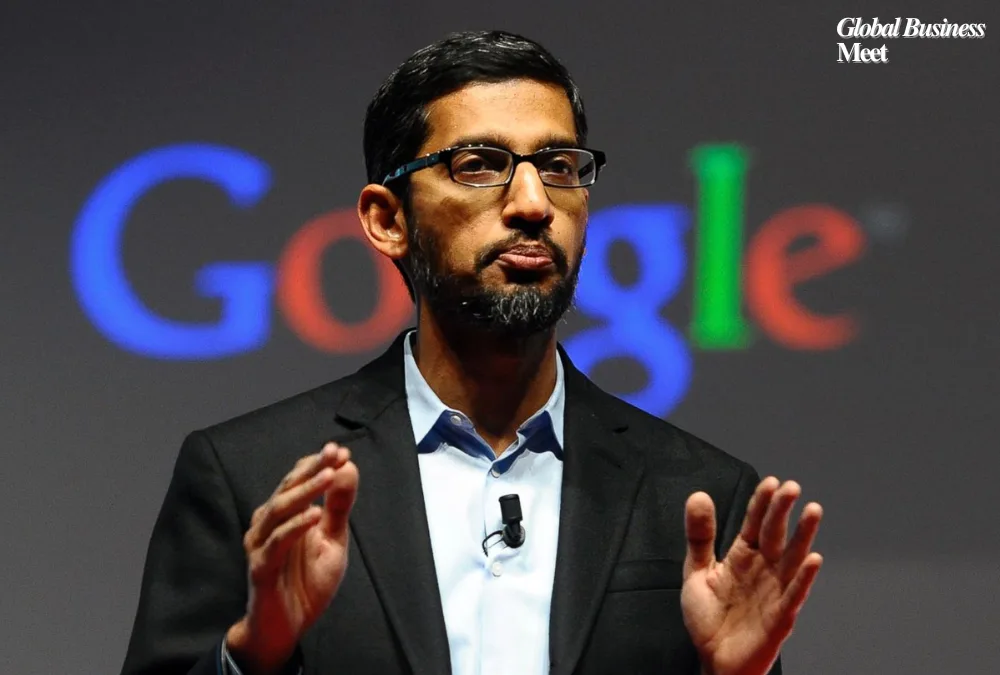
According to the reports, the U.S federal government is going to allocate 1 billion dollars on offensive cyber operations, which may signify a significant strategic change in national cybersecurity policy. The plan is to invest in arming government agencies and even the military commands to become offensive against cyber attacks by preparing tools capable of active penetration and retaliation, unlike the past when they were being defensive.
The relevant agencies are supposed to have expanded budgets under the proposed funding in order to enhance cyber command abilities. These entail the establishment of specialized teams, improvement of real-time cyber intelligence platforms, and the maintenance of zero-day exploits and offensive countermeasure within national defense guidelines. The pressure comes amid increasing worries about the foreign cyber intrusion campaigns on the U.S. infrastructure and data systems.
Proponents of the funding believe that the fund will enable the U.S. to adopt a more aggressive stance in cyberspace and shift gears to offensive operations, including disruptive counter-attacks that will contain the threats of hostile actors before they develop into something bigger. Supporters believe this is needed to prevent nation-state adversaries of espionage, disinformation activities, or those of sabotage of critical infrastructure.
Certain legislators have advocated the investment as an extension to the overall plan of digital dominance. They stress the importance of quick sharing of intelligence, high levels of cyber surveillance and self-directing offensive, as vital during the era of hybrid warfare when the use of digital means of attack call equal threats to national security than any other kinetic activities.
The decision has however caused concern amongst cyber security professionals and civil liberty activists. Critics concern that the offensive cyber operations may heighten cyber conflicts that may give way to retaliatory cyberattacks. They are also raising the issue of legal frameworks and clear rules of engagement and need good oversight and accountability mechanisms.
The main concerns are whether such operations can meet domestic and international law, how to set ethical limits and lay down platforms of transparency without undermining the security of an operation. The most pertinent question is oversight: who will have the power to launch a cyber attack, and what is the liability to such action resulting to plunders or possible malfunctions?
The bigger picture is the emergence of a new global standard, cyber is becoming yet another focus of conflict, on par with land, air, sea, and space. With arch-enemies continuously developing preemptive and offensive cyber operations, the U.S. move is felt to be an attempt to maintain its strategic advantage.
The suggested fund is a result of some years of secret operations and classified cyber programs in such agencies as NSA and Cyber Command. Making the billion-dollar allocation official, the government is indicating a change in the book: offensive cyber capabilities are no longer a sidelined strategy: they are a basic planning concept in relation to national security.
This is change with the geopolitical pressure increasing. Cases of cyberattacks on emergency services, including power grids, the oil and gas industry, and financial systems have been growing, a concern among authorities that military defense is simply not enough. Rather, they think that restrained offensive activities will serve as a precaution and security against the growth of cyber issues.
In the future, the $ 1 billion plan would allow major investments to be made by such special cyber forces, recruiting and next-generation digital weapons platforms. It can also be used to clear the path of the efforts of public-private collaboration, where the civilian cybersecurity expertise can be utilized in facilitating active cyberspace operations.
Although the rights to privacy, international law, and occurrence of escalation remain to be a question, there is one certainty there is the emergence of a new age of digital warfare that the U.S. is preconditioned to. This is an ambitious spending decision that may transform the nature of nations participating in cyber warfare–and decide cyber equilibrium around the world in decades to come.
The available options are too numerous and it is all up to you to choose what to use as a browser. Comet and Dia would be the two best choices in AI-driven exploration. In case privacy is the most important, Brave, DuckDuckGo, Ladybird comes first. To the dwellers-in-your-browsers, Arc, Vivaldi, and Zen are productivity unbeatable. And, should you want to be at peace with the internet, then there is mindful digital experience by Opera Air and SigmaOS.
In 2025, the browser environment will be characterized by a variety of options, which focus on intelligence, security, personalization, and wellbeing. As an occasional browser, occasional digital nomad or just someone who needs mere privacy, there is a browser that suits you best.









































































